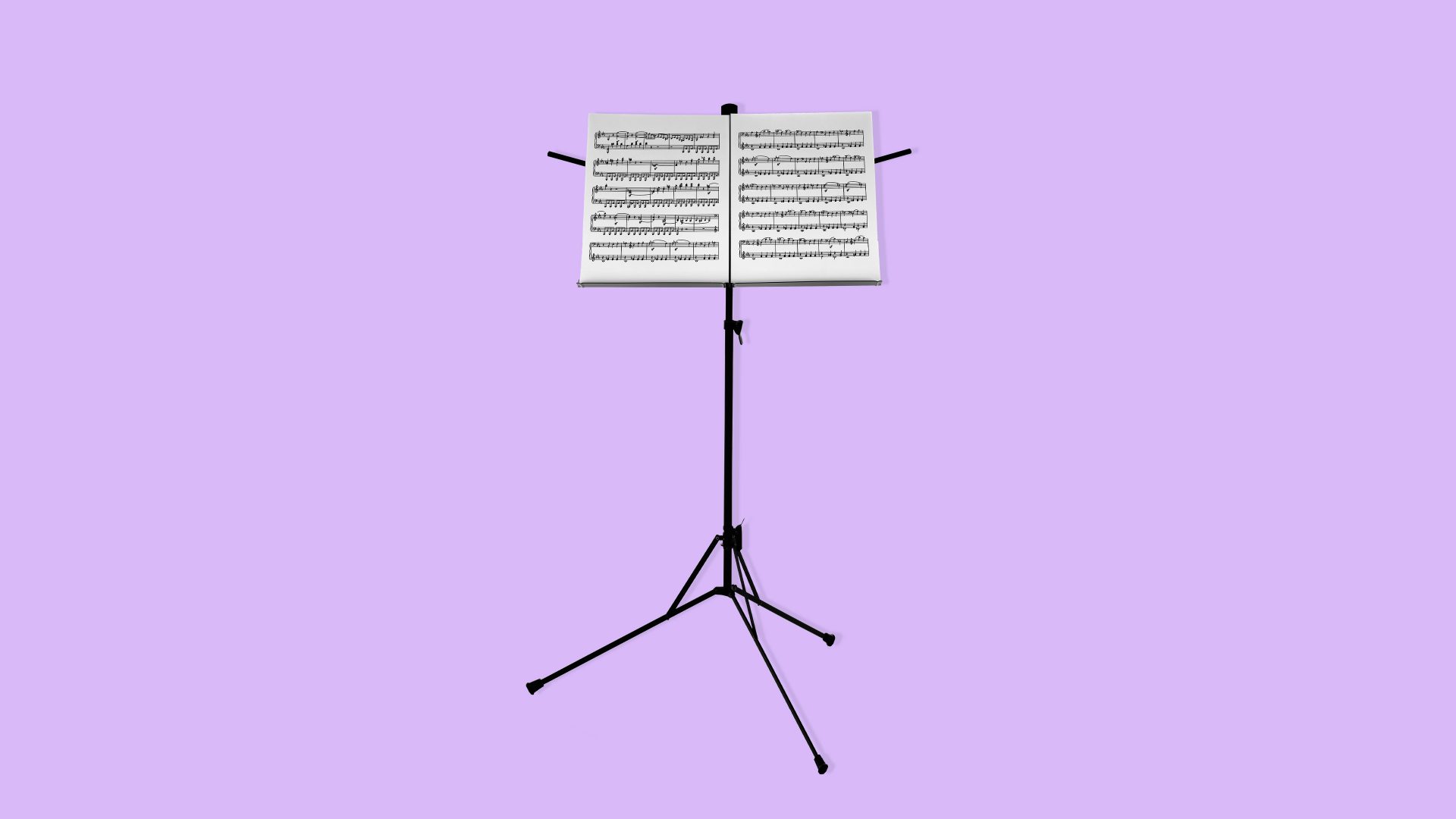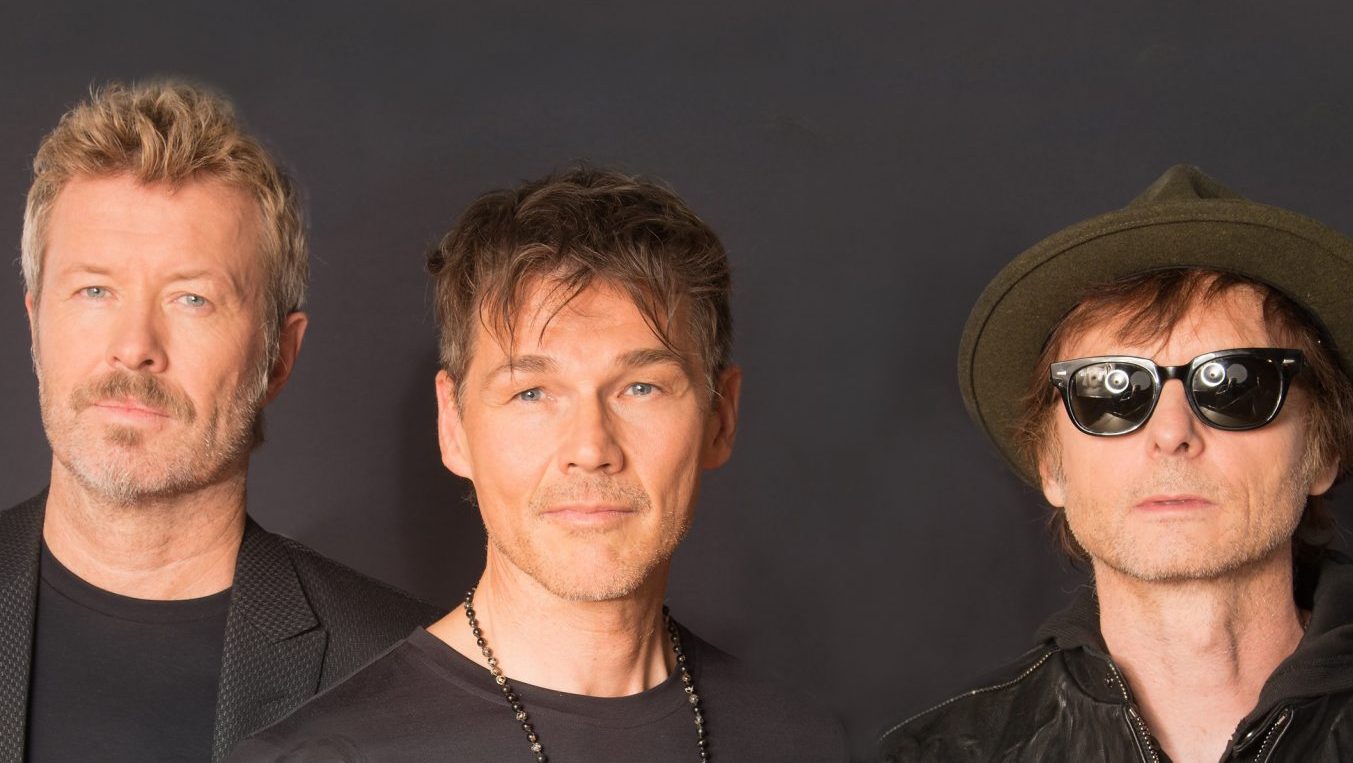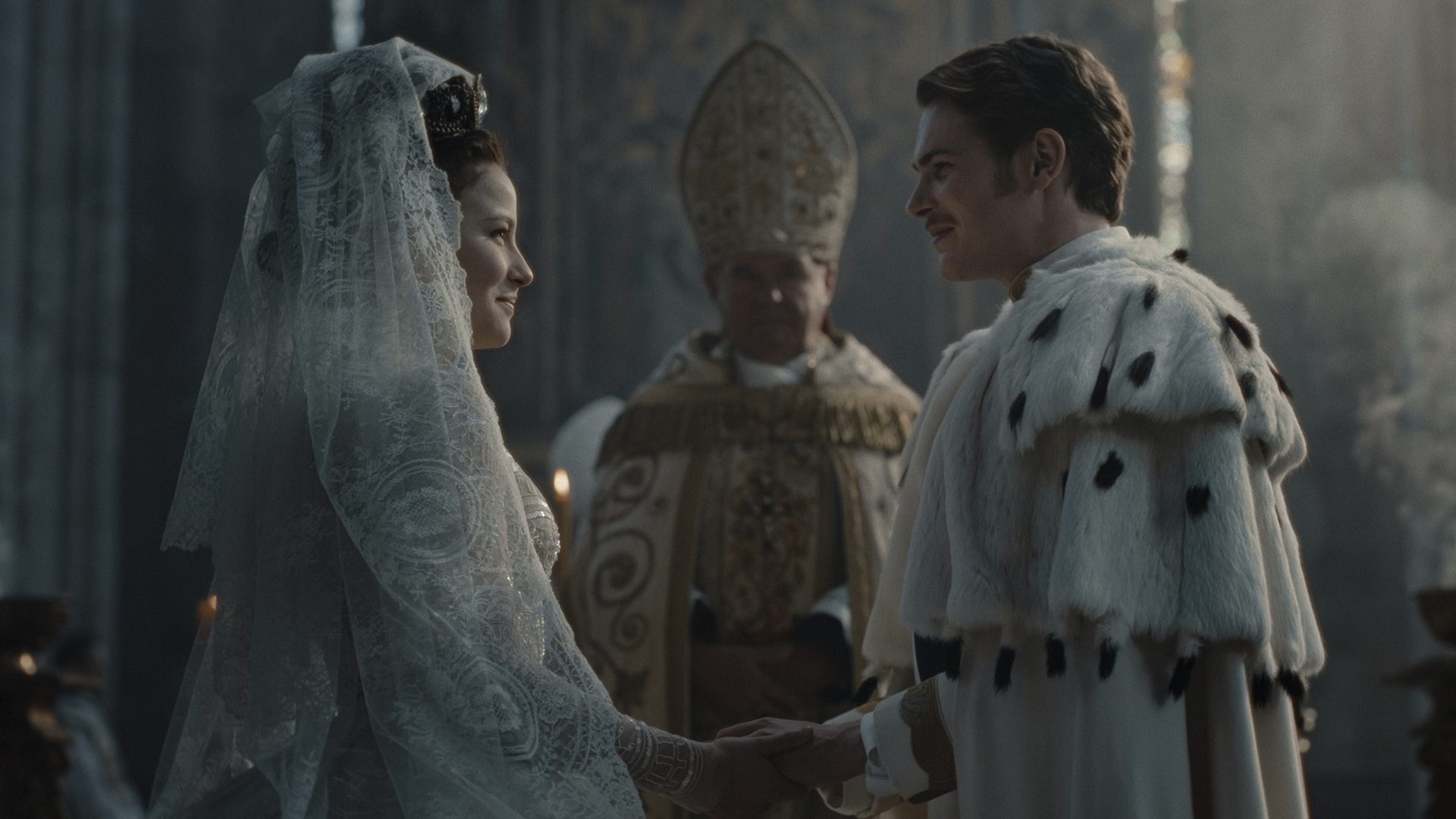The touching procession of the late Queen’s coffin though central London
was accompanied by mournful, funereal music by Beethoven, Chopin and Mendelssohn. Yet elsewhere there was quiet, as venue after venue cancelled their musical performances and switched off the lights “as a sign of respect to the Queen”.
The irony of marking the Queen’s death by silencing music wasn’t lost on
followers of royal events. When so much classical music is shunted off on to
niche channels, or competes for attention on film and gaming soundtracks, the only time a truly mass audience gets to see pure, unadulterated classical music is at royal weddings and funerals, where it provides beauty, grandeur and, when needed, solace.
And there it was again, delivering the goods at the Queen’s funeral, through
organ music by Samuel Coleridge-Taylor and many others, trumpets sounding from on high, and numerous choral works – including new compositions by the now King’s Master of Music, Judith Weir, and the Scottish composer James MacMillan. There was an anthem by Hubert Parry, a favourite of King Charles III, who in 2011 honoured him in a film called The Prince and the Composer.
“The music was truly extraordinary. There was something amazing about the acoustics,” a friend who attended the funeral told me. When everyone
sang, she said: “it felt like we were lifting the roof… The guardsmen on the
balcony with their trumpets facing in different directions, and the last post,
and the reveille, breathtaking…” Music may not be considered a “core” subject at school, said music teacher Simon Leeson after the funeral, but “it was core in the last hour.”
And it has been core to many of the royal events paraded on our screens.
Prince Philip’s funeral was given extra poignancy when the normally hefty
choir had to be replaced by four voices due to Covid restrictions, the “spine-tingling” performance by Australian soprano Miriam Allan and three lay
clerks hauntingly reflecting the difficult time in which the funeral took place. Princess Diana’s funeral, musically linked to Elton John’s reworking of his Candle in the Wind, also gave fame and potency to John Tavener’s achingly slow and beautiful Song for Athene, a composition at once modern and thoroughly ancient in its sound.
As for weddings, it was Charles and Diana’s wedding that catapulted the New Zealand soprano, Kiri te Kanawa, to mainstream superstardom as she sang Let the Bright Seraphim in a multicoloured dress and a bright blue hat. Harry and Meghan’s nuptials introduced the teenage Sheku Kanneh-Mason – the first black musician to become BBC Young Musician of the Year – to an audience of 18 million, as he played Sicilienne by von Paradis, Fauré’s Après Un Rêve and Schubert’s Ave Maria while the new Duke and Duchess signed the register.
Outside weddings and funerals, it’s less certain. How did the Queen’s Platinum Jubilee concert pass without classical performers such as Freddie de Tommaso – who in December became the first British tenor in 60 years to sing the male lead role of Cavaradossi in Verdi’s Tosca at the Royal Opera House? The Queen was associated with outdoor country pursuits, but she could play the piano and, as Weir told the Times, “took a genuine interest in what musicians do… she conversed with them in a very sympathetic way that made you think she understood what it was like, as she did, to get on to a platform in front of thousands of people and perform in that moment and get it right.”
Yet freelance musicians lost money as bookings were cancelled in what seems more like virtue-signalling. Even the Last Night of the Proms was off the menu. The jingoistic Rule Britannias and flag-waving might not fit with the mood, but wasn’t a more mournful, reflective programme possible?
Even more jarring was that this came as a new King passionate about classical music took over. A patron of several musical outfits, from the
Philharmonia to the Welsh National Opera orchestra, the King even has an
official harpist after reinstating a role that disappeared in late Victorian times, in order to encourage new talent and raise the instrument’s profile.
The King played the cello as a student and sang with the Bach Choir. He spoke to Radio 3 and Radio 4 about his love of music, and in 2020 worked with Classic FM on two broadcasts showcasing his favourites, including Frédéric Chopin’s two piano concertos, Bach’s St Matthew’s Passion and Richard Strauss’s Four Last Songs. He discussed the huge difference music can make to wellbeing, the precarious livelihoods of orchestras and performers and the enormous contribution music and the arts make to the UK economy.
Might the King’s interest give classical music a bigger public platform? That’s
the hope. As Ariane Todes, a classical music writer, said after his late mother’s funeral: “That was all truly magnificent. Let’s remember, folks – classical music is for life, not just for funerals!”




